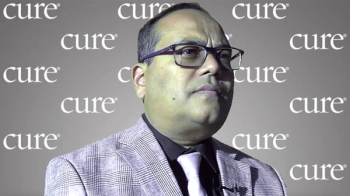
Dr. Aditya Bardia shared his insights on what he believes are the top side effects to be aware of when undergoing ADC treatment for breast cancer.

Dr. Aditya Bardia shared his insights on what he believes are the top side effects to be aware of when undergoing ADC treatment for breast cancer.

Dr. Balazs Halmos discusses the significance of the FDA approval of the subcutaneous injection formulation of Opdivo for patients with solid tumors.

CURE spoke with an expert about the potential positive effects of radiation therapy for patients with hepatocellular carcinoma.

Dr. Sattva S. Neelapu discusses how the CAR-T therapy Yescarta impacts the quality of life of patients with R/R indolent non-Hodgkin lymphoma.
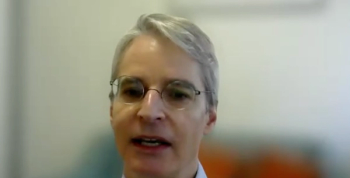
CURE spoke with an expert about the potential positive effects of psilocybin-assisted psychotherapy.
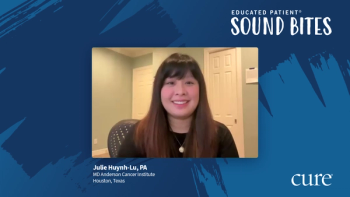
A panelist discusses how patients with polycythemia vera (PV) often present with diverse symptoms ranging from fatigue and itching to cardiovascular complications, leading doctors to conduct specific diagnostic tests including complete blood counts, JAK2 mutation analysis and bone marrow biopsies, although diagnosis can be challenging due to symptom overlap with other conditions and varying presentation patterns.
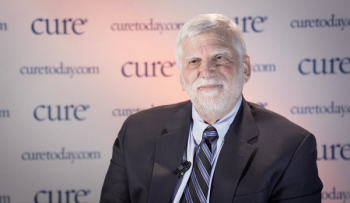
Dr. Richard “Rick" Winneker discussed advice that he would provide to patients faced with a myeloproliferative neoplasm diagnosis.

Ann Graham of MIB Agents discussed some of the challenges adolescent and young adult patients deal with after cancer diagnoses.
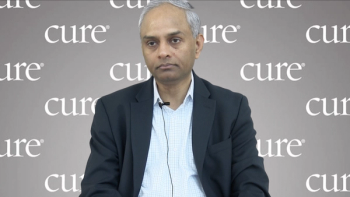
Dr Sattva S. Neelapu discusses data from the ZUMA-5 trial investigating the CAR T-cell therapy Yescarta in relapsed/refractory follicular lymphoma.

A panelist discusses how polycythemia vera (PV) symptoms can vary significantly among patients, but commonly include headaches, dizziness, itching (especially after warm baths), fatigue and visual disturbances, with some patients experiencing more severe manifestations like blood clots while others may be relatively asymptomatic.

One research noted the persistent efforts to develop new treatments for myeloproliferative neoplasms (MPNs), a commitment that remains strong despite some setbacks.
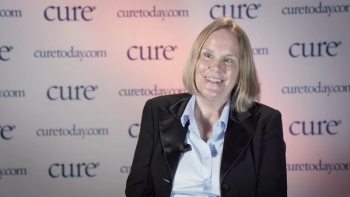
While in nursing school, a patient recognized potential signs of a blood disorder and advocated for further testing, leading to an early diagnosis of essential thrombocythemia.
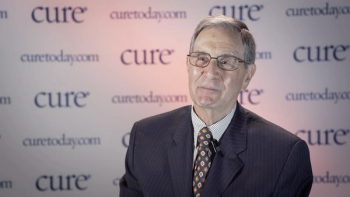
A patient with MPN urges others to ask questions about treatment options, which may also include inquiring about clinical trials.
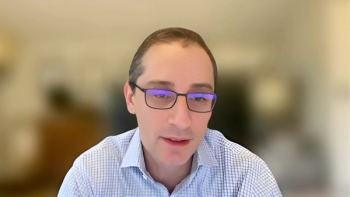
Treatment with five-fraction SBRT for prostate cancer may be more convenient than receiving traditional radiation therapy techniques, an expert said.
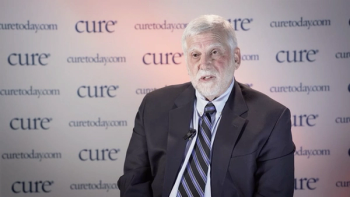
An MPN advocate used his personal experiences to inform his dedication to patient-centered research and support programs for patients.
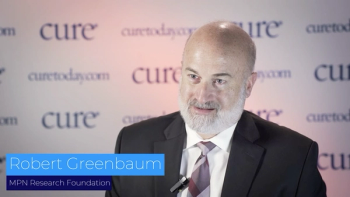
A patient advocate discusses the difficulties of finding and participating in clinical trials for MPNs, and the impact on research and treatment development.
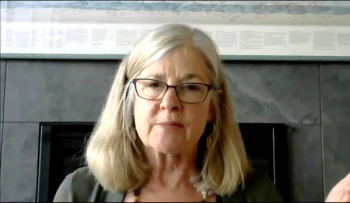
An expert spoke with CURE® about the importance of information that can be gained from genetic testing for patients with breast cancer.
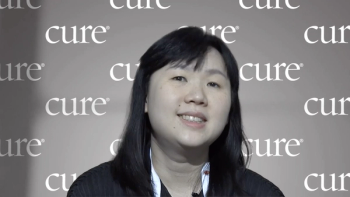
The treatment combination was found to reduce the risk of follicular lymphoma progression or death by 57%, a study has shown.
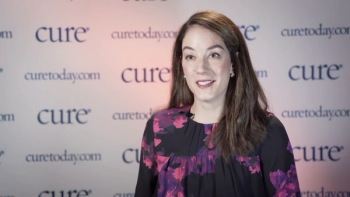
A health care professional talks about the importance of a supportive care team, especially since every patient with MPNs presents differently.
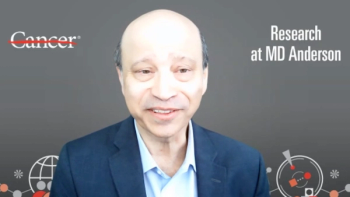
Targeting the estrogen receptor and HER2 pathways improved progression-free survival in patients with HR-positive, HER2-positive metastatic breast cancer.

CURE® spoke with an expert about follicular lymphoma, a disease that is still considered incurable.

A panelist discusses how polycythemia vera (PV) is a rare myeloproliferative neoplasm (MPN) characterized by excessive red blood cell production, primarily affecting older adults with JAK2 mutations, and while it can be managed with treatment, patients face increased risks of blood clots and potential progression to more serious conditions.
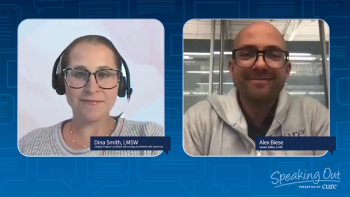
An expert explained the impact that burnout can have on someone caring for a loved one with cancer.

Caregivers shouldn’t hesitate to ask for help when it comes to coordinating care for a loved one.

From counseling services to wellness workshops, there is a wide array of resources potentially available to caregivers, as an expert explained.

An expert explained that improved communication will make caregivers of loved ones with cancer feel less isolated.

With a significant change happening in the Medicare space in early 2025, patients with cancer eligible for Medicare may see its benefits soon.
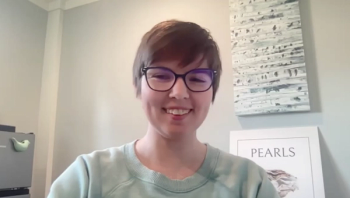
Maggie Bushway reflected on her memoir “Pearls: A Memoir on Childhood Cancer and Hope,” and her journey of healing and resilience after brain cancer.

Current treatments for patients with relapsed or refractory chronic lymphocytic leukemia have shown better outcomes than published data, an expert said.
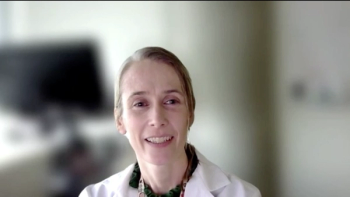
An expert discusses the next steps for patients with metastatic breast cancer after their disease no longer responds to hormone therapy.